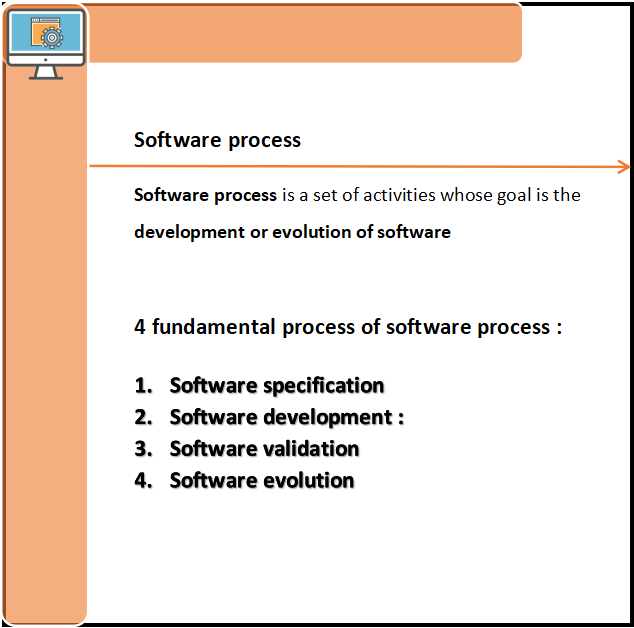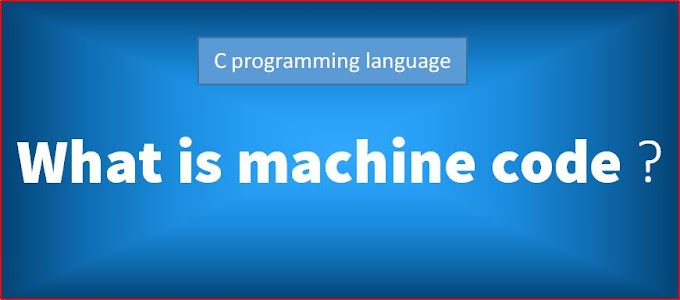We generally write a computer program using high level programming language. A high level language is understandable by human and this high level language is called source code.
The high level language is not understandable by computer or machine. It only understands the program which is written in 0’s and 1’s in binary which is known as machine code.
To convert the high level language or source code into machine code, we use compiler or interpreter.
The compiler and interpreter and compiler both are used for convert a program in high level language to low level or machine programming language.
So, we can say compiler and interpreter are converter which convey source code to machine code.
Both of them do same work but there have some difference between compiler and interpreter.
Difference between compiler and interpreter :
Compiler
|
Interpreter
|
A compiler translate the compiler source program in a single line
|
An interpreter translate the source program line by line
|
It is faster
|
It is slower
|
It consumes less time
|
It consumes more time them compiler
|
It is more efficient
|
It is less efficient
|
Compilers are larger in size
|
Interpreters are smaller than compilers
|
CPU utilization is more
|
CPU utilization is less as compared to compiler
|
It converts the instructions into systematic code.
|
It dose not convert the instructions instead it directly work on source language.
|
Compiler is used by languages as c , c++ etc.
|
An interpreter is used by language such as java
|
>> What is application software and system software
>> incremental model with details.
>> Software Engineering | Classification of Software Requirements
>>What is operating system
>>What is traffic monitoring system
>> what is computer virus and names of virus.
>>What is embedded control system
>> What is compiler .
>> What is linker.
>> What is Interpreter
>> Modern Principles Of Software Development
>> Types of Software Testing
>> Software Testing | Basics
>> Software Engineering | Debugging Approaches
>> Software Engineering | Classification of Software.
>> Deference between software engineering and computer science.
>> What is cost of software?.
>> which have been explicitly designed to support process iteration ?
>> Software engineering some question.
>> Deference between software engineering and computer science.
>> What is cost of software?.
>> which have been explicitly designed to support process iteration ?
>> Software engineering some question.











0 Comments